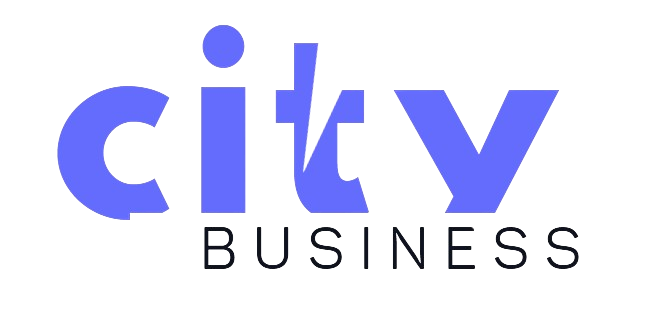The United Kingdom depends on charities to resolve social issues because they work toward creating better public areas and strengthening community infrastructure. Community engagement stands as an ongoing challenge because charities continue to depend on conventional methods which include public meetings together with paper surveys. City Business (CB) provides charities with a functional platform to overcome community engagement barriers which enables meaningful collaborations and well-informed decision-making.
The data-driven functionality of City Business matches the requirements of charities that serve various communities. Through its platform charities can obtain citizen opinions about essential matters like housing along with transportation and public space issues by using built-in surveys and quizzes with feedback instruments. A Manchester-based charity that focuses on urban regeneration would implement CB survey tools to record resident opinions about green space developments thereby making projects align with neighborhood concerns. The platform’s content management system enables charities to distribute project timelines together with team details and news updates openly which helps gain trust from community members who typically distrust top-down approaches.
CB achieves broad audience reach through its effective communication capabilities. Traditional town hall meetings and similar engagement approaches mainly draw older or more vocal community members who do not represent the whole population. The digital interface of CB allows Generation Z users along with other younger individuals to participate through its user experience which follows their digital behavior patterns. A charity could use CB’s social sharing capabilities with QR code integration to distribute surveys on social media platforms which would help them gather input from younger community members for project development. The inclusive nature of this system allows charities to obtain complete range of community perspectives essential for creating equitable development.
The platform offers additional services which make it more beneficial for charities with particular requirements. Charities can create engagement tailored to specific locations through their customizable questions and geographical data visualization which helps them track sentiment in Glasgow’s disadvantaged areas. The analytical features of the platform use artificial intelligence to analyze feedback and create downloadable charts which help charities develop reports that improve grant applications and stakeholder presentations. The offline survey function of CB serves to prevent exclusion of any community members including those in underserved regions throughout Cornwall and other rural areas.
The platform’s commitment to transparent dialogue matches the mission of UK charities dedicated to delivering meaningful impacts. Through its open conversation tools the platform helps charities discover community-wide priorities which leads to fewer project conflicts while producing better outcomes. A Birmingham-based charity uses CB’s private project settings combined with custom URLs to establish secure branded spaces for sensitive talks about historically disputed housing developments. Project sustainability and community ownership result from honest data collection which builds trust among stakeholders.
The potential of CB reveals that its tools enable UK charities to overcome outdated methods of engagement. Through the use of digital platforms such as CB charities gain better understanding of communities while making smarter decisions that lead to thriving collaborative communities. Walking through my city I can see how every resident can contribute to street development through platforms that make this vision more attainable.


